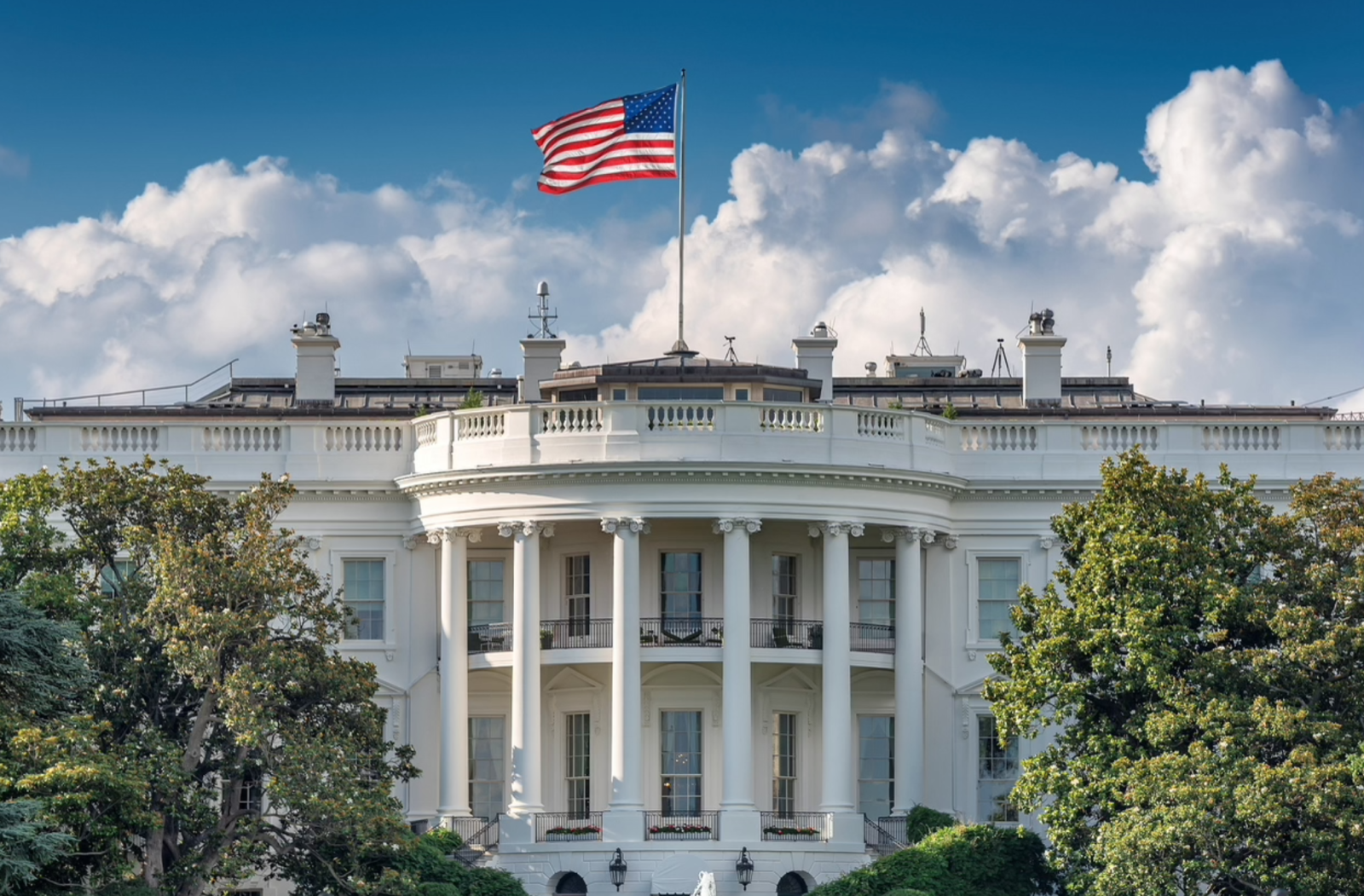Monumental Prescription Drug Pricing Plan Could Improve Access for Millions on Medicare
By Natalie Sainz

A compromise reached among Congress and the Biden-Harris Administration would add a drug pricing plan to the Build Back Better Act that includes an insulin copay cap, a cap on annual out-of-pocket prescription drug costs, a rule allowing Medicare to negotiate prescription drug costs, and a drug inflation tax penalty. If passed, the proposed plan could improve access to diabetes care for millions.
On Tuesday, the White House and Congress announced a prescription drug pricing plan that would cap the monthly cost of insulin at $35 and include other savings on diabetes care for people on Medicare as part of the Build Back Better Act – the Biden Administration's package of social investments. The announcement came as a surprise to many, as policymakers had reportedly given up efforts to reduce prescription drug costs as part of a negotiated budget compromise.
If passed, the Act’s drug pricing component will incorporate four key items that could improve access to affordable diabetes treatments:
-
Reduced cost-sharing for insulin under Medicare and private insurance to no more than $35 per month. In January 2021, the Centers for Medicare and Medicaid Services (CMS) began a pilot program that capped the monthly cost of insulin at $35 for people on Medicare. If the Build Back Better bill is passed, the $35 insulin copay cap would be permanent for seniors and would also apply to individuals with private insurance.
-
Lower out-of-pocket costs for seniors so that they do not have to pay more than $2,000 a year for their prescription drugs (through Medicare Part D). Currently, no limit exists on what Medicare recipients have to pay out of pocket each year for prescription drugs. Accordingly, millions of seniors pay over $6,500 each year for drug costs.
-
Allow Medicare to negotiate drug prices for certain prescription drugs, including insulin. This includes prescription drugs that seniors get through Medicare Part D, and drugs that are administered in a doctor’s office through Medicare Part B. The Medicare Modernization Act of 2003 barred the government from negotiating drug prices directly with drug manufacturers. Additionally, 83% of US adults support allowing the federal government to negotiate drug prices which can increase access to affordable treatments for people with diabetes.
-
Impose a tax penalty if drug companies increase their prices faster than inflation. This inflation cap would apply to people on private insurance plans as well as Medicare. Drug manufacturers will owe a tax penalty if they do not comply.
About one in five people on Medicare have diabetes, which translates to about 12.5 million people. Moreover, over 3.3 million Medicare beneficiaries use at least one form of insulin.
Timing for consideration of the Act by the House and Senate is still unclear at this point, but diaTribe will continue to provide more information on the prescription drug plan as it becomes available.








